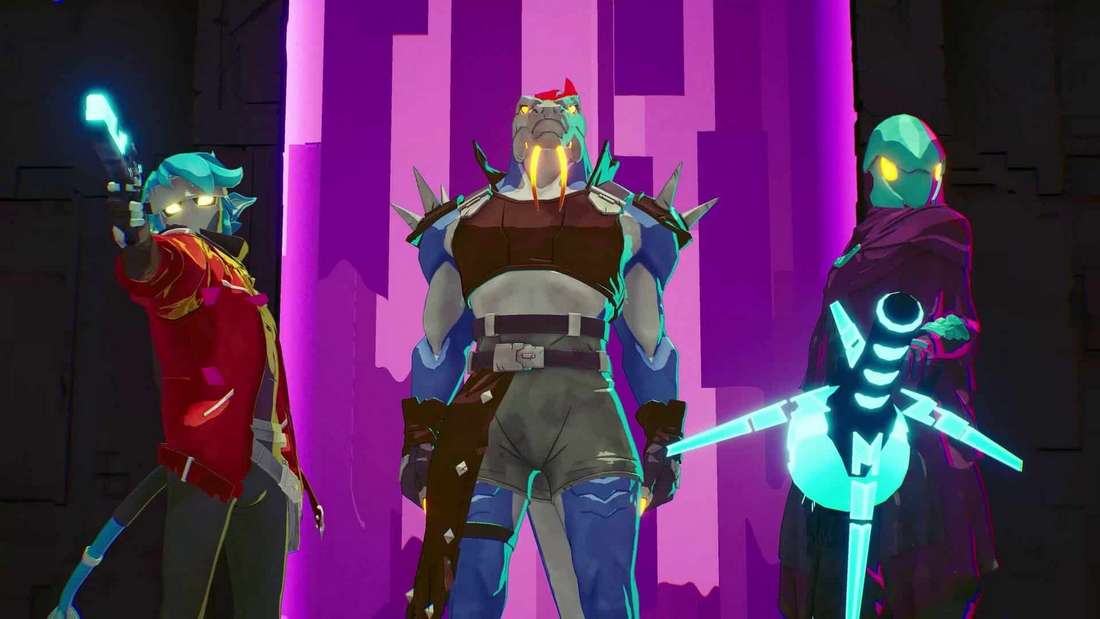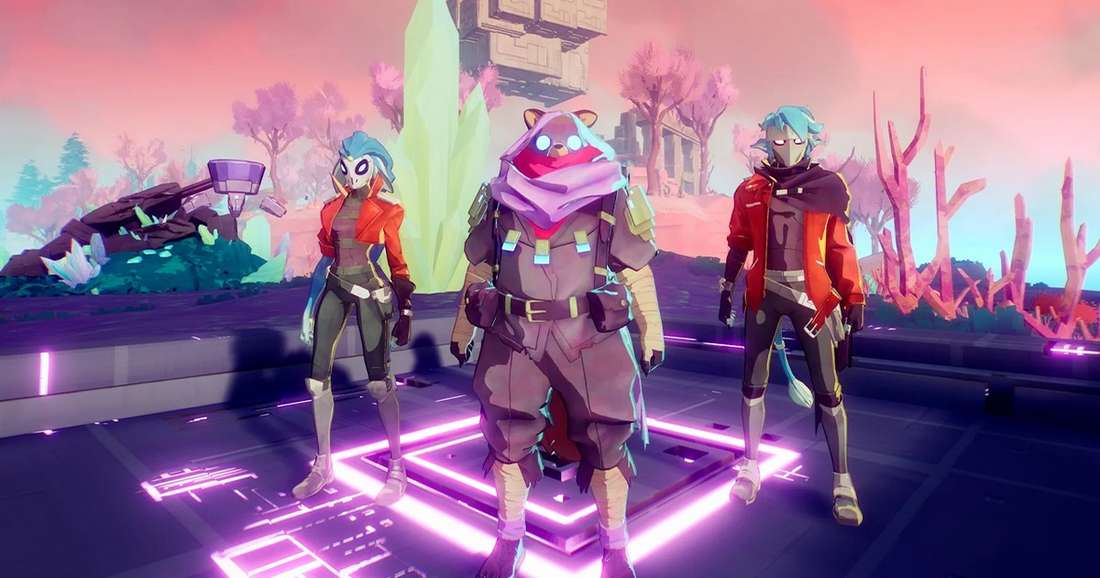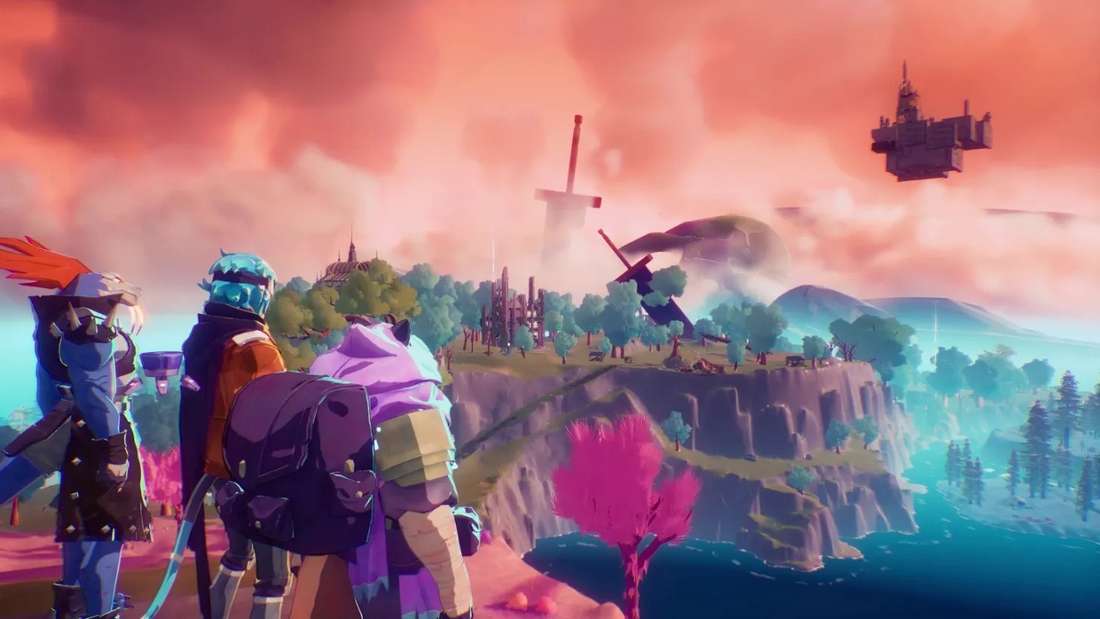Indie Game Studio Heart Machine Concludes Hyper Light Breaker Development, Announces Layoffs
Popular Now
 Candy Crush Saga
Candy Crush Saga
 Warframe
Warframe
 The Legend of Zelda
The Legend of Zelda
 Among Us
Among Us
 Schedule I
Schedule I
 Fall Guys
Fall Guys
 Garena Free Fire: Kalahari
Garena Free Fire: Kalahari
 NBA 2K24
NBA 2K24
 Free Fire Max
Free Fire Max
 Counter-Strike 2
Counter-Strike 2  The independent game development landscape faces another stark reminder of its volatile nature. Heart Machine, the acclaimed studio behind the critically successful Hyper Light Drifter and Solar Ash, has officially announced the cessation of development on their most recent title, the 3D roguelike Hyper Light Breaker. This difficult decision is compounded by an unspecified number of staff layoffs, a move the studio has characterized as “the only one available given the circumstances.”
The independent game development landscape faces another stark reminder of its volatile nature. Heart Machine, the acclaimed studio behind the critically successful Hyper Light Drifter and Solar Ash, has officially announced the cessation of development on their most recent title, the 3D roguelike Hyper Light Breaker. This difficult decision is compounded by an unspecified number of staff layoffs, a move the studio has characterized as “the only one available given the circumstances.”
The news, which broke on October 9, 2025, just nine months after Hyper Light Breaker entered Steam Early Access, has sent ripples of concern throughout the gaming community. Heart Machine attributes the winding down of the project and the associated job cuts to “broader forces beyond our control, including shifts in funding, corporate consolidation and the uncertain environment many small studios like us are navigating today.”
 The Challenges of Early Access and Financial Headwinds
The Challenges of Early Access and Financial Headwinds
The rapid conclusion of development on a project still in Early Access highlights the immense pressure and financial fragility facing even well-regarded indie teams. Hyper Light Breaker, while visually striking and holding the lineage of its popular predecessor, had received a ‘Mixed’ user-review rating on Steam, a reception that often impacts crucial early sales and long-term financial viability.
Industry analysts suggest that the current market conditions are proving particularly unforgiving for AA and smaller independent studios. Factors contributing to this challenging environment include:
- Shifts in Funding: Securing and maintaining long-term development capital is increasingly difficult as investors become more risk-averse.
- Corporate Consolidation: Larger mergers and acquisitions are creating fewer, bigger publishers, which can limit opportunities for smaller developers to secure publishing deals or necessary financial lifelines.
- Early Access Volatility: The Early Access model, while beneficial, places an immediate strain on resources, requiring ongoing, costly updates to convert mixed initial reception into positive sales momentum.
This situation marks a stark contrast to the massive success of their 2016 breakout title, Hyper Light Drifter, and underscores a disturbing, wider trend of job cuts that have plagued the gaming industry throughout 2024 and 2025, affecting both major publishers and smaller, independent teams.
 A Final Update and the Future of Heart Machine
A Final Update and the Future of Heart Machine
Despite the closure of the main development track, Heart Machine has pledged a final, polished update for Hyper Light Breaker slated for January 2026. “We plan to deliver something meaningful and as polished and complete as we can given our current circumstances,” a studio spokesperson confirmed, indicating an effort to provide a satisfying “punctuation point” to the game for those who purchased the Early Access version.
However, the studio also confirmed that due to “limited resources with team members rolling off the project,” there will be no further updates or public Q&A sessions for the remainder of 2025, allowing the core team to focus entirely on the January release.
Crucially, the studio intends to continue operations as a “smaller core team,” with their upcoming Metroidvania title, Possessor(s), scheduled for a November 2025 release on PC and PS5, reportedly remaining unaffected by these organizational shifts. This commitment indicates a strategic pivot back to a more focused development size, a common survival tactic for independent studios navigating severe financial pressure.
Analyzing the Broader Industry Impact
The situation at Heart Machine is not an isolated incident; it serves as a critical bellwether for the difficulties that smaller creative studios are facing. The narrative here extends beyond a single game’s performance and touches on deep, structural issues within the highly competitive video game industry. High-quality game development requires sustained capital, and when funding mechanisms dry up, even a passionate, talented team can be forced to abandon a project prematurely.
The long-term impact on consumer trust in the Early Access game development model is also a concern. Each highly anticipated title that fails to meet its full potential due to financial constraints risks making players more hesitant to invest in unreleased projects, potentially exacerbating the very financial issues that led to the development’s end in the first place.
The focus now shifts to the core team’s ability to transition and deliver their next project, Possessor(s), and whether this new, leaner structure will provide the stability needed to continue making innovative games in a market that is increasingly demanding and unforgiving. Indie game development fans will be watching closely, hoping that this talented team can weather the storm.
Source Note: Information compiled from recent statements by Heart Machine to various industry publications, including Game Developer, Game Informer, and Eurogamer (October 2025).








 The Challenges of Early Access and Financial Headwinds
The Challenges of Early Access and Financial Headwinds A Final Update and the Future of Heart Machine
A Final Update and the Future of Heart Machine